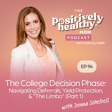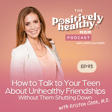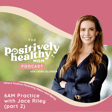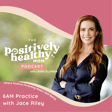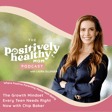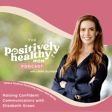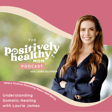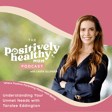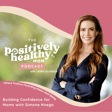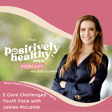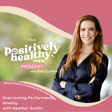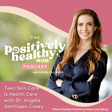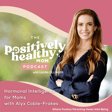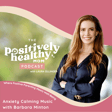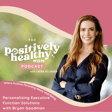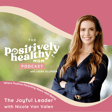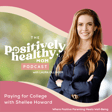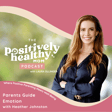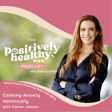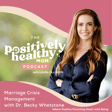
3 Tips to Reduce Stress for Busy Moms | The Positively Healthy Mom Podcast with with Becca Kyle
In this episode of The Positively Healthy Mom, host Laura Ollinger sits down with Becca Kyle, a Functional Diagnostic Nutrition Practitioner, to explore what’s really behind chronic stress, anxiety, fatigue, and mood swings—for both moms and teens.
Becca breaks down how to support the nervous system naturally using simple yet powerful lifestyle changes, functional lab testing, and a root-cause approach to wellness. From blood sugar crashes to cortisol imbalances, and why play is just as important as sleep, this conversation is packed with practical advice for moms who want to feel better and raise healthier, more resilient kids.
🎧 Topics We Cover:
- What is Functional Diagnostic Nutrition?
- Why you're tired, anxious, or wired at night
- Nervous system stress explained
- Cortisol, hormones, and gut health
- Why play and rest are essential—not optional
- Actionable tips: sunlight, sleep, food, and movement
- How to start healing for both you and your teen
📍Connect with Becca:
Website: https://www.holisticobsession.com
Book a free connection call to get personalized support.
🔔 Subscribe for more support on raising teens with confidence, calm, and compassion.
Follow us for more:
📘 Facebook: Positively Healthy Coaching
📸 Instagram: @positivelyhealthycoaching
🔔 Don’t forget to subscribe for more real talk about motherhood, wellness, and emotional health.
#PositivelyHealthyMom #LauraOllinger #BeccaKyle #FunctionalNutrition #NervousSystemHealth #HolisticParenting #MomWellness #TeenMentalHealth #PlayMatters #StressReliefTips #RootCauseHealing
